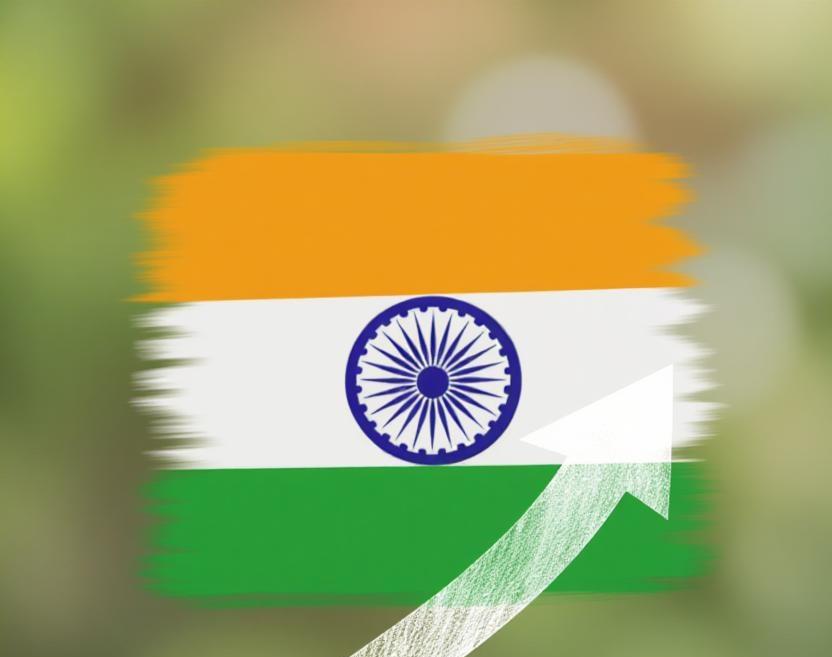
The Government of India has announced a major reform in the Goods and Services Tax (GST) system, presenting it as a Diwali gift for citizens. This reform, termed as the Next-Gen GST, aims to provide ease of living while building Aatmanirbhar Bharat. It focuses on reducing the tax burden for households, farmers, businesses, and students, promising significant savings across essential goods and services.
The new GST structure brings substantial relief in several key sectors such as daily essentials, agriculture, healthcare, education, automobiles, and electronic appliances. Additionally, the government has introduced process reforms to simplify registration and refunds, ensuring transparency and ease of compliance.
One of the biggest changes is the reduction in GST rates on daily essentials. Hair oil, shampoo, toothpaste, toilet soap, shaving cream, toothbrushes, and other personal care items will now attract only 5% GST instead of 18%. Similarly, butter, ghee, cheese, dairy spreads, pre-packaged namkeens, bhujia, mixtures, utensils, feeding bottles, clinical diapers, sewing machines, and spectacles have also been shifted to a 5% slab, making them more affordable for households.
Farmers and the agriculture sector have also received a big boost. Tractor tyres and parts, tractors, specified bio-pesticides, micronutrients, drip irrigation systems, and agricultural machinery for soil preparation and harvesting will now be taxed at 5% instead of 12% or 18%. This will not only reduce input costs for farmers but also encourage mechanization and higher productivity.
The healthcare sector has been given significant relief as well. Individual health and life insurance will now be exempt from GST. Thermometers, medical-grade oxygen, diagnostic kits, reagents, glucometers, test strips, and corrective spectacles will attract either zero tax or a reduced 5% tax. This move is expected to make healthcare more affordable and accessible.
Education has also been made more affordable under the reform. Items such as maps, charts, globes, pencils, sharpeners, crayons, pastels, exercise books, notebooks, and erasers have been exempted from GST, ensuring that students and parents will face less financial burden on learning materials.
Automobiles have become more affordable too. Petrol and diesel hybrid cars, CNG cars, motorcycles, three-wheelers, and transport vehicles will see their GST rates cut from 28% to 18%. This reduction is likely to boost demand for vehicles, benefiting both the automobile industry and consumers.
Electronic appliances such as air conditioners, televisions above 32 inches, monitors, projectors, and dishwashing machines will also attract 18% GST instead of 28%. This is expected to encourage consumption of electronic goods and support the manufacturing sector.
The government has also announced key process reforms. Automatic registration will now be granted within three working days based on data analysis, reducing delays and bureaucracy. Refunds will be sanctioned through proper system-based risk evaluation, covering zero-rated supplies and inverted duty structures.
Prime Minister Narendra Modi described the Next-Gen GST as a festival gift for every Indian, highlighting that reduced taxes will help the public, boost small businesses, and give a new push to the economy. With a focus on simplicity and fairness, this reform promises to strengthen the GST framework and make it more beneficial for citizens and enterprises alike.




